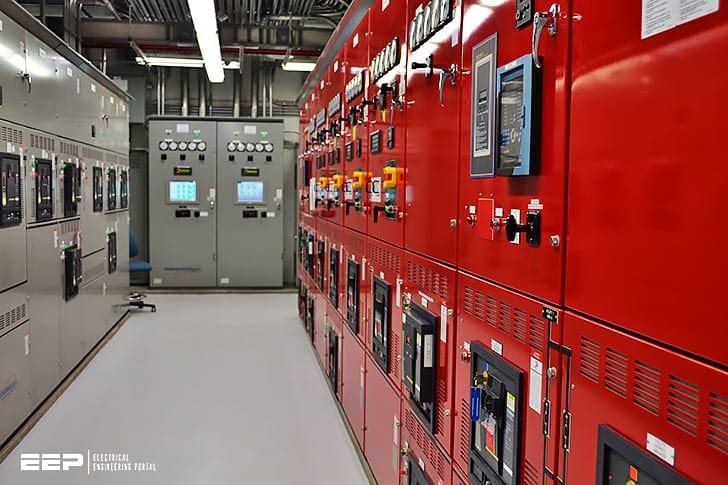What Are The Key Principles Of Electrical Grounding And Bonding In Engineering Design?
Power System Engineering, Inc. provides comprehensive solutions for your grounding and bonding needs. Grounding is essential to ensure the safety of people and equipment, and bonding helps to ensure that electrical systems operate efficiently. In this article, we will discuss the importance of grounding and bonding, the different types of grounding systems, and the factors to consider in choosing the right system for your application. Grounding is the process of connecting an electrical circuit to the earth. The earth serves as a reference point for electrical potential and is used to dissipate electrical charges in an efficient manner. When an electrical fault occurs, the current flows through the ground instead of through the body of a person or equipment, preventing damage or injury. Bonding, on the other hand, connects two or more conductive objects together to prevent potential differences from arising between them. This can occur between equipment, such as generators and transformers, or between metal structures, such as building frames and lightning protection systems. Bonding is important to prevent electrical arcing and sparking, which can cause fires or explosions. There are several types of grounding systems, each with its own benefits and drawbacks. The most common type is the single-point grounding system, which connects the electrical circuits to a single ground point. This system is simple and cost-effective, but it can be difficult to maintain and may not provide adequate protection in certain situations. The multiple-point grounding system connects each electrical circuit to its own ground point, providing better protection against electrical faults. This system is more complex and expensive, but it is also more reliable and easier to maintain. The impedance grounding system uses a specialized resistor to limit current flow in the ground, reducing the risk of ground faults and improving equipment protection. This system is less commonly used due to its cost and complexity. When choosing a grounding system, several factors need to be considered, such as the type of facility, the size of the electrical system, and the risk of electrical faults. A professional electrical engineer should be consulted to assess these factors and recommend the best grounding system for your needs. In addition to grounding and bonding systems, Power System Engineering, Inc. offers a range of other services to keep your electrical system operating at peak efficiency. These include arc flash analysis, protective device coordination, and power quality analysis. Arc flash analysis evaluates the risk of electrical arc flashes and the protective clothing and equipment needed to prevent injury. Protective device coordination ensures that protective devices, such as circuit breakers and fuses, are correctly coordinated to minimize the risk of equipment damage. Power quality analysis examines the quality of your power supply and identifies any problems that may affect equipment performance. In conclusion, grounding and bonding are essential to ensure the safety and efficiency of electrical systems. With the help of Power System Engineering, Inc., you can choose the right grounding system for your needs and keep your electrical systems operating at peak efficiency. Contact us today to learn more about our services and how we can help you. 
www.powersystem.org - grounding bonding
Read also




Post a Comment for "What Are The Key Principles Of Electrical Grounding And Bonding In Engineering Design?"